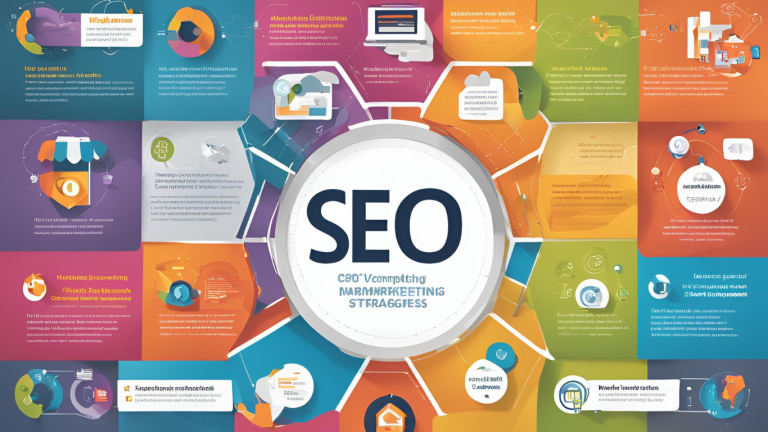A Content Management System (CMS) is essential for building and managing websites efficiently. Whether you’re a business owner, blogger, or developer, a CMS simplifies content creation and website maintenance. Here are the top CMS platforms in 2024 to help you choose the best fit for your needs.
1. WordPress
WordPress remains the most popular CMS, powering over 40% of all websites. It offers:
- A vast library of themes and plugins
- SEO-friendly features
- A strong community for support
- Flexibility for blogs, e-commerce, and corporate sites
2. Wix
Wix is a user-friendly, drag-and-drop CMS ideal for beginners and small businesses. Key features include:
- Intuitive design tools
- Built-in SEO features
- App integrations for enhanced functionality
- Secure and reliable hosting
3. Shopify
For e-commerce businesses, Shopify is a leading CMS. It provides:
- A fully hosted platform
- Seamless payment processing
- Customizable storefronts
- Extensive app marketplace
4. Joomla
Joomla is a powerful CMS suitable for complex websites and online applications. Features include:
- Advanced user management
- Multilingual support
- Strong security options
- Extensibility through plugins and templates
5. Drupal
Drupal is known for its scalability and security, making it a preferred choice for enterprises and government websites. Benefits include:
- Highly customizable and flexible
- Strong security features
- Built-in user role management
- Excellent performance optimization
6. Squarespace
Squarespace is an all-in-one platform with beautiful templates and built-in tools. It offers:
- Stunning design templates
- Easy-to-use drag-and-drop builder
- E-commerce capabilities
- Blogging and portfolio features
7. Magento (Adobe Commerce)
Magento is a powerful CMS for large-scale e-commerce businesses. Highlights include:
- Advanced customization and scalability
- Robust inventory and order management
- SEO and marketing tools
- Support for multiple currencies and languages
8. Ghost
Ghost is a modern CMS focused on content publishing. It provides:
- A clean and minimalist interface
- Fast and lightweight performance
- Subscription and membership monetization options
- SEO-friendly content management
9. Webflow
Webflow combines CMS capabilities with web design flexibility. Key features include:
- No-code and custom code options
- Fully responsive design tools
- Hosting and security included
- CMS collections for structured content
10. TYPO3
TYPO3 is an enterprise-level CMS known for its robustness and flexibility. It offers:
- High scalability for large websites
- Multilingual support
- Advanced permission management
- Strong security features
Final Thoughts
Choosing the right CMS depends on your website goals, technical expertise, and scalability needs. Whether you need a simple website builder like Wix or a powerful enterprise solution like Drupal, the options above provide various solutions for different use cases.
Which CMS do you prefer?









